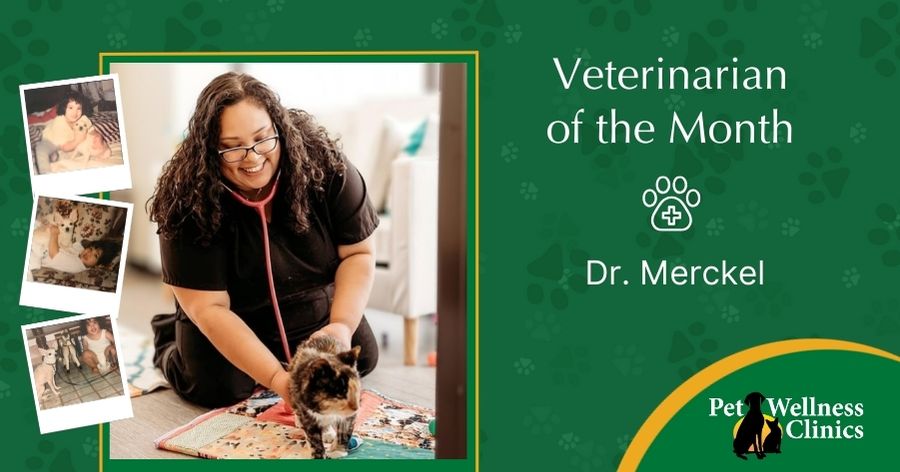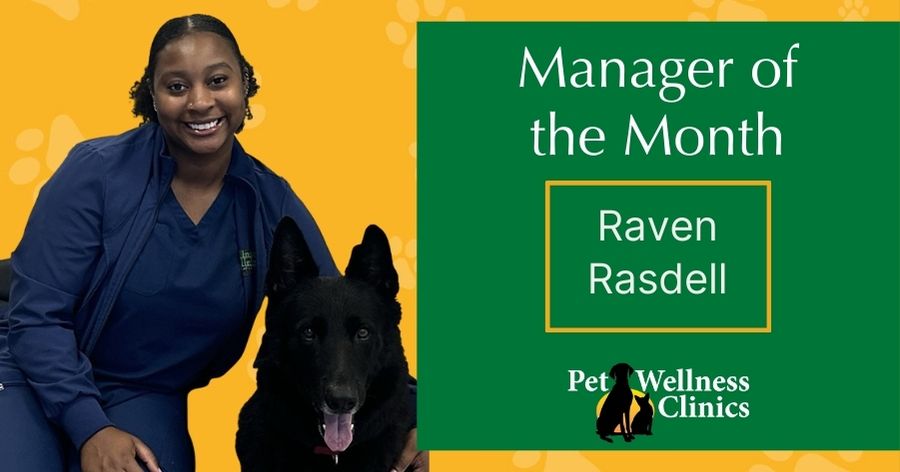If you have recently welcomed a puppy into your family – congratulations! A puppy is a perfect playmate and will be a wonderful companion to have by your side as he grows older. Much like children, puppies need a great deal of care to make sure they develop into healthy, active adults. One of the most important things you need to do is monitor your pup’s weight.
Though puppies grow at different rates, all will gain weight over the first year of their life. On average, a puppy should double his birth weight by a week old. After that, it is a case of monitoring weight and ensuring it follows a fairly consistent upward trend.
There can be a number of reasons why your pet isn’t putting on the pounds and ounces as expected.
In most instances, owner error is behind the problem. This isn’t to say that you aren’t trying your best – far from it! But often, simple changes can be made to what, when, or how you feed your pup that will enable a steady weight gain again. Sometimes, an underlying illness is preventing your puppy from getting heavier. If this is the case with your pet, treating the underlying cause should enable appropriate weight gain.
Whatever the reason behind your puppy’s stalled weight gain, here are some of the things that you can do to help.
It is essential that your pet is getting the right balance of nutrition in his diet and many manufacturers now offer specialized puppy foods that are formulated to deliver the exact combination that your puppy requires. These are often labelled as AAFCO-approved so that you know the ingredients and nutrients have been checked by experts and are exactly right for the breed and size specified on the packaging.
If you aren’t sure that you are giving your pup the right food, consult with your vet as soon as possible. Simply switching products could kick-start your pup’s weight gain.
If your vet believes that your puppy is eating the right product but is still failing to gain weight, you may be recommended to opt for a higher calorie food. However, you should only swap to a calorie-dense food based on the recommendations of your vet.
So, you have chosen a puppy food that fits the nutritional needs of your furbaby and his breed/weight. However, do you know if the meal you have chosen is high quality? Good quality puppy food should be high in protein or meat meals (such as chicken meal), and these should be listed first on the ingredients list. If you are in any doubt about what makes a good quality puppy food, speak to your vet.
Exercise is an important part of your pup’s overall health and while many people understand that it helps pets to lose weight, they don’t realize that it can also help ensure your puppy gains the appropriate weight. Too much exercise and too few calories can not only stop your pet from putting on weight, it could result in weight loss.
It is never a good idea to let your puppy go for too long without gaining weight. We strongly recommend monitoring your pet weekly to ensure sufficient weight gain. If the pattern of weight gain isn’t ascending or seems erratic, it is time to seek the advice from your veterinarian.


